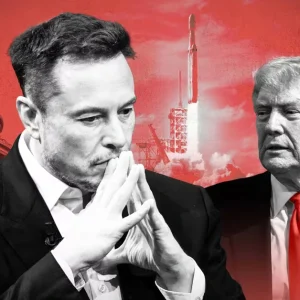HOT: U.S. Increases Tax by 245% on Chinese Goods – Trade Tensions on the Rise
April 16, 2025 – Washington D.C.
In a dramatic escalation of the ongoing trade conflict between the United States and China, the U.S. government has announced a staggering 245% increase in tariffs on a wide range of Chinese goods. This move, effective immediately, has sent shockwaves through global markets and raised concerns about the future of international trade relations.
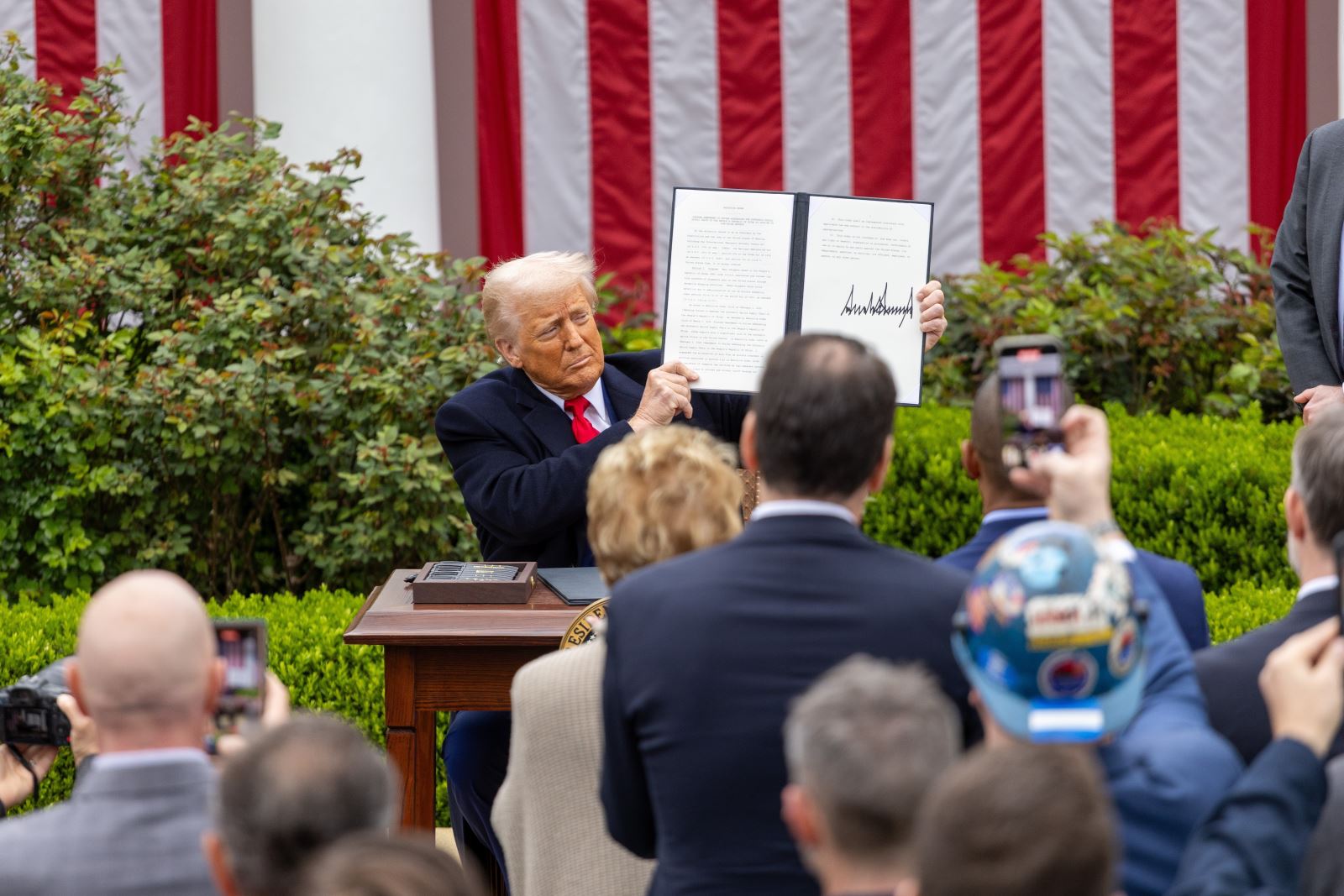
Background and Reasons
The decision comes amid accusations that China continues to engage in unfair trade practices, including intellectual property theft, forced technology transfers, and massive state subsidies to key industries. U.S. officials argue that the aggressive tariff hike is a necessary measure to protect American businesses and level the playing field.
“This is about defending American innovation and ensuring a fair global marketplace,” said U.S. Trade Representative Katherine Tai during a press briefing. “For too long, China has taken advantage of the global system, and it’s time for action.”
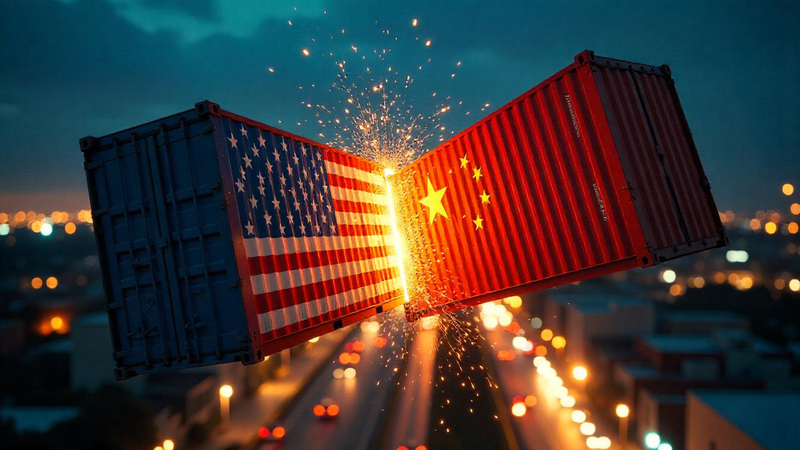
Impact on Markets and Businesses
The immediate impact of the tariff increase has been felt across multiple sectors, especially in technology, electronics, and manufacturing. U.S. importers who rely heavily on Chinese components are now facing steep cost increases, which are likely to be passed on to consumers. Stock markets responded negatively, with the Dow Jones Industrial Average dropping by over 500 points following the announcement.
American businesses are divided. While some manufacturers support the move, hoping it will encourage domestic production, others warn it may lead to higher prices, supply chain disruptions, and retaliation from China.
China’s Response
China has strongly condemned the new tariffs, calling them “economic bullying” and a violation of World Trade Organization rules. In a statement, China’s Ministry of Commerce said, “We will take all necessary measures to defend our national interests. The U.S. must bear full responsibility for the consequences.”
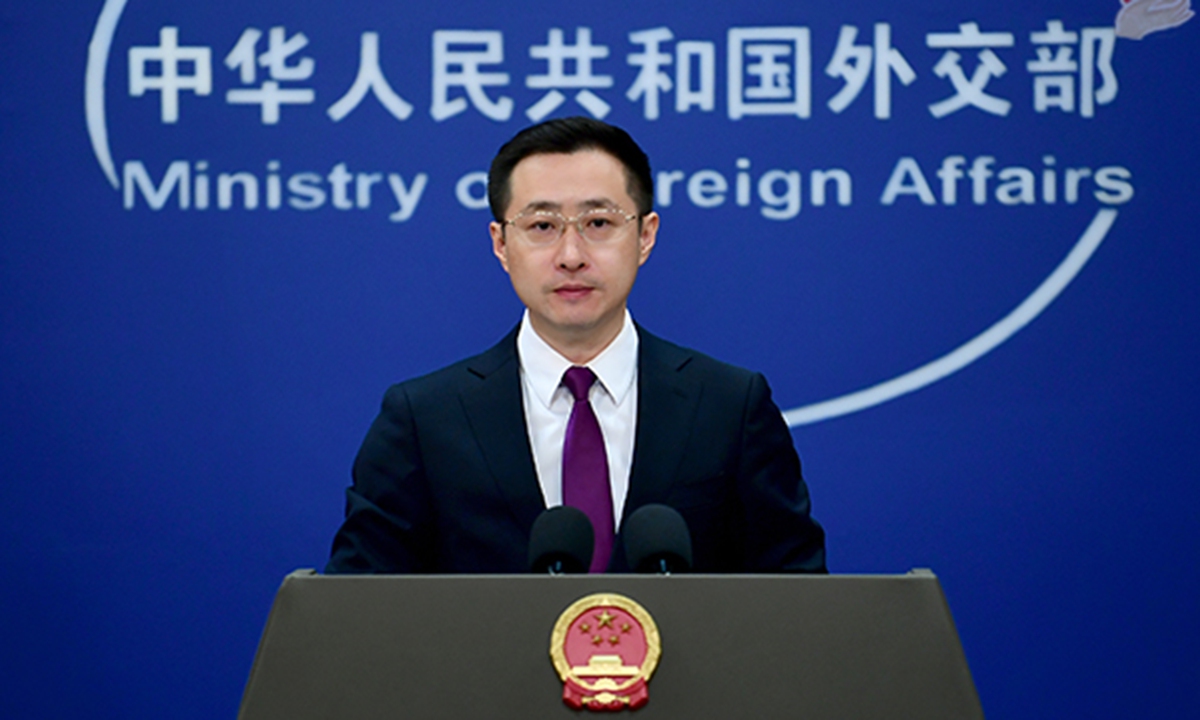
Although specific countermeasures have not yet been announced, analysts anticipate a range of responses, from reciprocal tariffs on American goods to restrictions on U.S. companies operating in China.
Global Concerns
The tariff increase also raises alarm internationally. Many countries worry about the ripple effects of a deepening U.S.-China trade war on global supply chains, inflation, and economic stability.
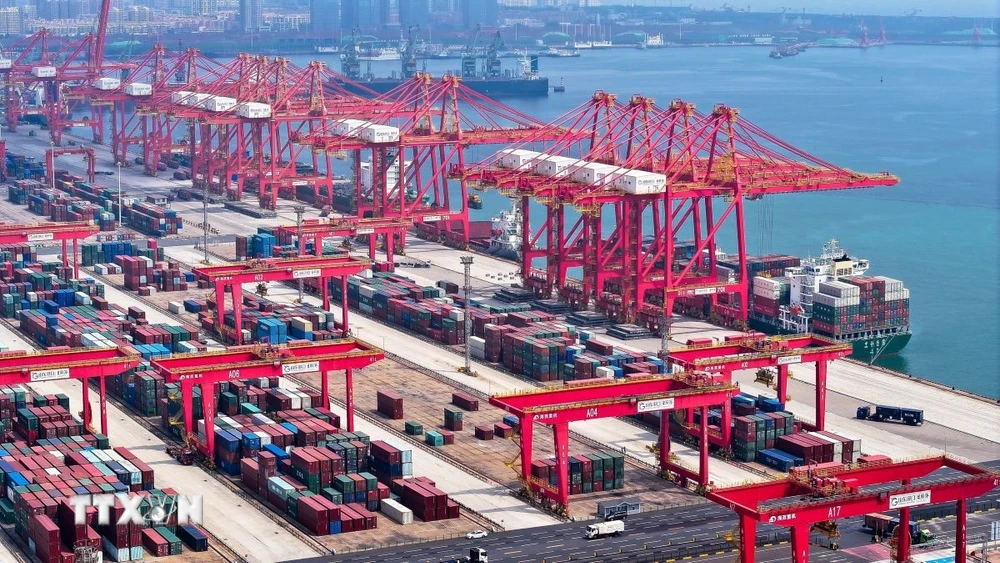
The World Trade Organization has urged both nations to return to the negotiating table. “Escalating trade tensions help no one,” said WTO Director-General Ngozi Okonjo-Iweala. “It is crucial that both parties engage in constructive dialogue to prevent long-term damage to the global economy.”





